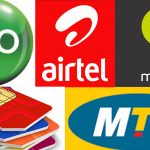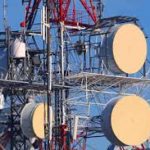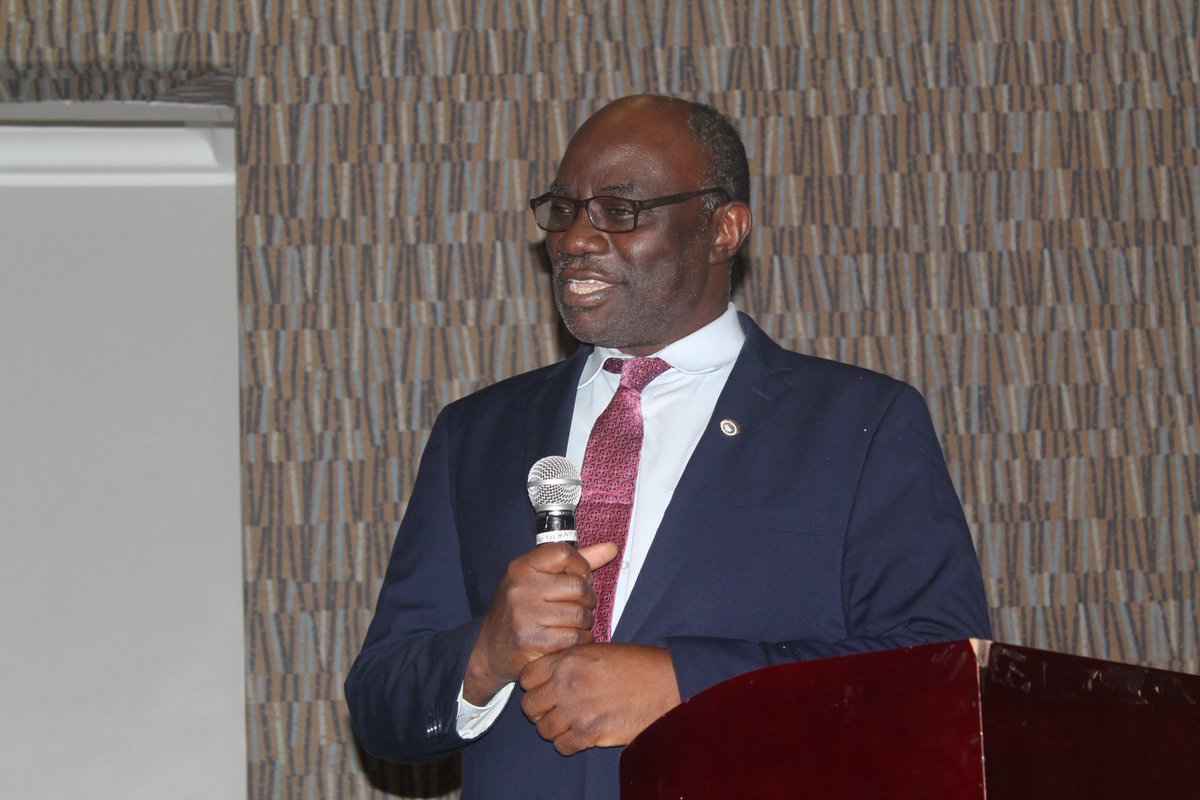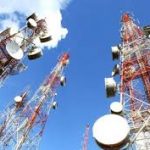Many Nigerians appear to be cutting back on their internet use after the Nigerian Communications Commission (NCC) approved a 50 percent increase in telecom tariffs, effective January 2025. According to new NCC data, internet consumption fell from a record high of 1 million terabytes (TB) in January to 893,054.80 TB in February—a sharp drop that coincided with the new pricing regime. Although usage rebounded to 995,876.10 TB in March, it still did not return to January levels.
The tariff hike, which took effect on January 20, raised the floor price for key telecom services. Voice calls rose from ₦6.40 to ₦9.60 per minute, SMS from ₦4 to ₦6, and the price of 1GB of data climbed from ₦287.50 to ₦431.25. This marked the first significant pricing adjustment in over a decade, driven by inflation, forex shortages, and rising energy costs that have strained operators’ profit margins.
While seasonal fluctuations partly explain the February drop, experts believe this year’s decline points to a deeper response to rising costs. Analysts noted that data usage typically dips in February, but the scale of this year’s reduction suggests that consumers are reacting more strongly to the price hikes.
According to IT expert Jide Awe, the spike in telecom costs is likely to trigger behavioural changes among users, especially those in low and middle-income brackets who form the core of the market. He noted that consumers in this segment are particularly sensitive to sudden price changes in data and telecom services.
Despite the consumer pullback, the price increase has worked in favour of telecom operators. MTN Nigeria, which serves over 90 million subscribers, reported a record ₦529.44 billion in data revenue for the first quarter of 2025. The company’s chief executive, Karl Toriola, projected sustained revenue growth in the months ahead, buoyed by strong demand and a proactive customer value strategy. He said the tariff adjustment is expected to further support future revenue gains.
Meanwhile, the telecom sector continues to expand. Active mobile subscriptions climbed to 172.43 million in the first quarter of 2025, with mobile internet subscriptions reaching 142.05 million. Broadband penetration also rose to 47.73 percent, indicating that infrastructure growth is still advancing despite cost pressures.
Whether Nigerians will fully adapt to the new telecom rates or reduce their usage further remains to be seen. For now, the data shows that while operators are benefiting financially, many everyday users are already adjusting their habits in response to higher prices.










